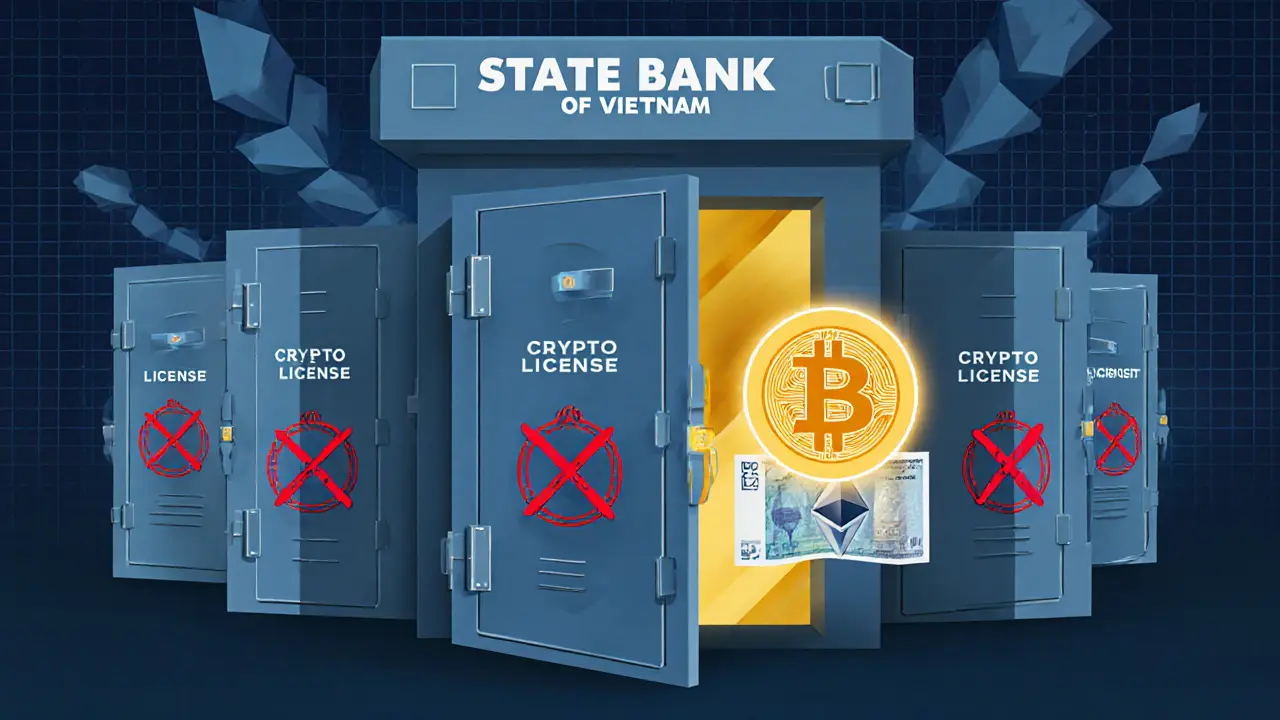Crypto Regulation: What It Means, Where It Stands, and How It Affects You
When we talk about crypto regulation, the rules governments create to control how cryptocurrency is used, traded, and taxed. Also known as digital asset regulation, it’s no longer a theoretical debate—it’s a daily reality for millions of users. Some places treat crypto like cash. Others treat it like a weapon. And in some countries, just holding it could land you in jail.
Crypto taxation, how governments count your crypto gains or holdings as taxable income, is one of the most common forms of regulation. Switzerland, for example, doesn’t tax your trades—but it does tax the value of your wallet on December 31 each year. Meanwhile, Nigeria now requires exchanges to get licenses from the SEC, and China has gone all-in on seizures and arrests. These aren’t abstract policies. They’re the difference between keeping your coins or losing them to a government raid.
Crypto exchange regulation, the oversight applied to platforms where you buy, sell, or trade digital assets, is another major piece. You can’t trust every app that says "secure"—NUT MONEY, Digiassetindo, and DIFX are all unregulated platforms with no licenses, no audits, and no safety nets. Meanwhile, BlueBit and Superp operate in legal gray zones, offering tools like MT5 or 10,000x leverage without clear oversight. Regulation isn’t about stopping innovation—it’s about stopping fraud. The exchanges that survive are the ones that play by the rules.
And then there’s crypto enforcement, the real-world actions governments take when people break the rules. In Afghanistan, the Taliban arrested traders who used crypto to buy food. In China, wallets are frozen and miners are jailed. Even in the U.S., the SEC goes after projects that look like scams but claim they’re "decentralized." This isn’t just about money—it’s about survival. If you’re holding ghost tokens like GBL or falling for fake airdrops like CDONK X CoinMarketCap, you’re already in the crosshairs of regulators who are tired of being fooled.
What you’ll find below isn’t a list of opinions. It’s a collection of real cases, real laws, and real consequences. From how Nigeria’s new rules changed daily life for traders, to why Switzerland’s wealth tax makes crypto feel like a savings account, to how a banned coin in Afghanistan became someone’s last lifeline—these stories show what crypto regulation really looks like when it hits the ground. No fluff. No hype. Just what’s happening, who it affects, and how you can stay safe.
State Bank of Vietnam Crypto Policy and Stance in 2025: What’s Legal and What’s Not
In 2025, Vietnam legalized crypto as virtual assets but imposed strict controls: only five licensed exchanges, no stablecoins, and trading only in Vietnamese dong. Despite high retail adoption, no firms have applied for licenses yet.
learn more